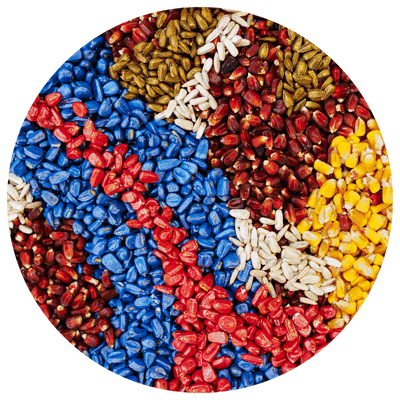Crop biotechnology offers better yield and sustainability benefits compared to non-GMO farming
February 21, 2023 | Biotechnology
Adopting the best food producing technologies is a government decision that requires a cost-benefit analysis.
Over the last 25 years, many governments have approved agricultural biotechnologies and the genetically modified (GM) crops that come along with them because of higher yield and reduced greenhouse gas emissions. Still, other governments refused to adopt as they found the costs outweigh the benefits, even though glaring evidence already showed that those who opted not to adopt GM had lower agricultural productivity.
For food insecure countries, choosing the best food producing technology is vital. Farmers from these countries don’t have enough access to pesticides that could control the insect population, thereby reducing crop yield once the insects attack. This gives more reason for adoption of GM crops that are insect resistant.

With this, future improvements and policies in food security will depend on the use or adoption of innovative technologies, depending on government approval.
